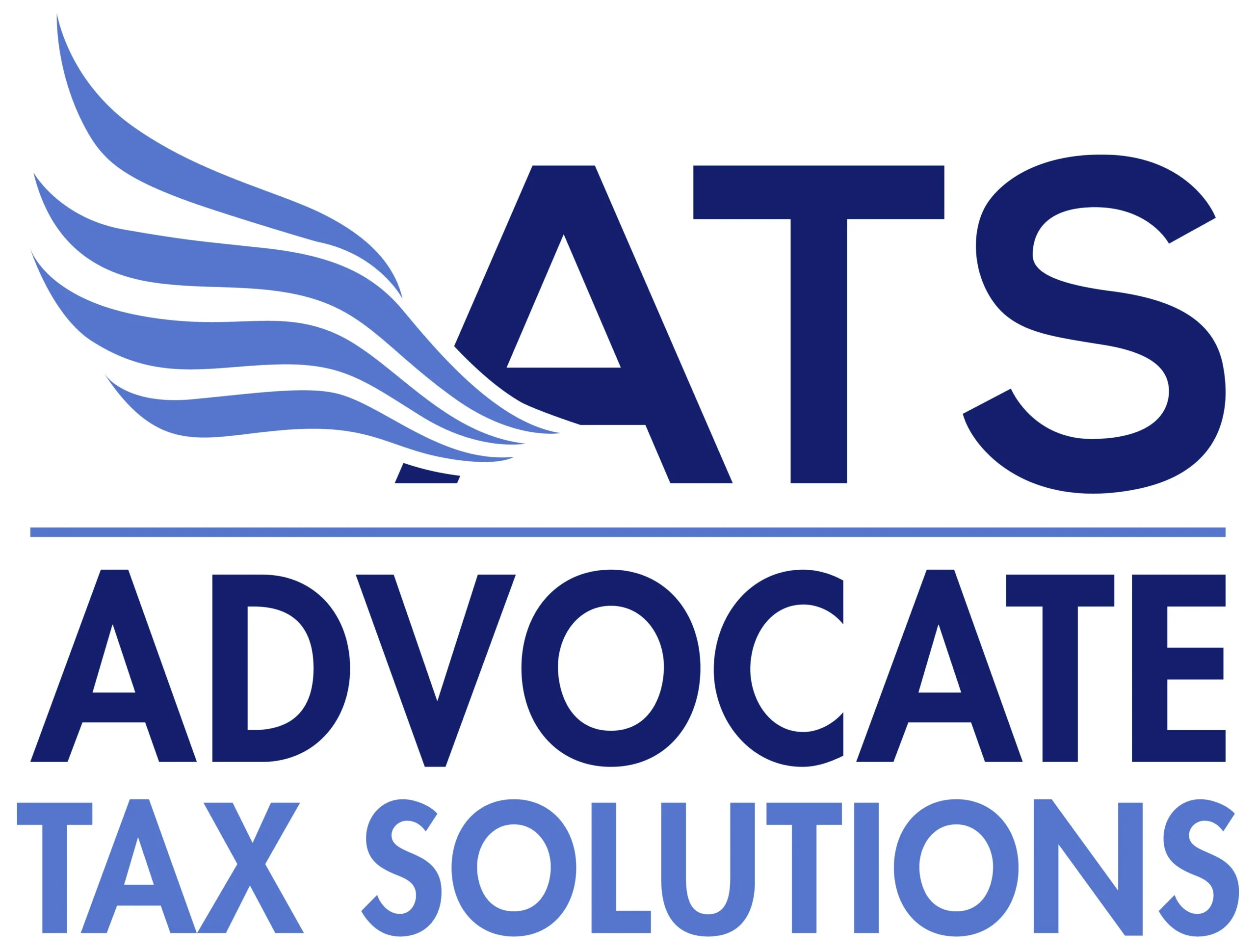How a Collections Hold Can Stop IRS and State Tax Collections
If you owe back taxes, you may already face aggressive IRS or state tax collections. A collections hold can temporarily pause these actions, including wage garnishments, bank levies, tax liens, or repeated notices.
One of the first steps our licensed tax professionals take is requesting a collections hold. This temporarily pauses collection activity. Not all state agencies approve holds, but the IRS and many states do under certain circumstances.
What Is a Collections Hold?
A collections hold is a temporary pause in IRS or state tax collections. It provides taxpayers breathing room to address tax issues. During this time, our team focuses on building your case without immediate enforcement actions.
How Our Team Helps
While a hold is active, our professionals can:
File any unfiled tax returns required to bring you into compliance.
Conduct a thorough financial analysis of your situation.
Negotiate directly with the IRS or state to secure a payment plan or settlement, such as an Offer in Compromise.
These steps ensure your tax matters are addressed efficiently while collection activity is paused.
How Long Does a Collections Hold Last?
The duration of a hold depends on the taxing authority and your circumstances. Some last only a few weeks, while others extend 60 to 90 days or more. Regardless of the timeframe, the key benefit is the same: collection activity stops, giving you protection and peace of mind.
Why Requesting a Hold Matters
Requesting a hold is often the first step toward relief from IRS or state tax collections. It halts aggressive enforcement actions and allows time to become compliant. It also creates a pathway for negotiating payment plans or settlements with taxing authorities.
Take Action Today
If you are struggling with IRS or state tax debt, contact our office today. Our licensed tax professionals can stop collection actions and work toward the most affordable resolution available. We guide taxpayers through hold processes efficiently.

